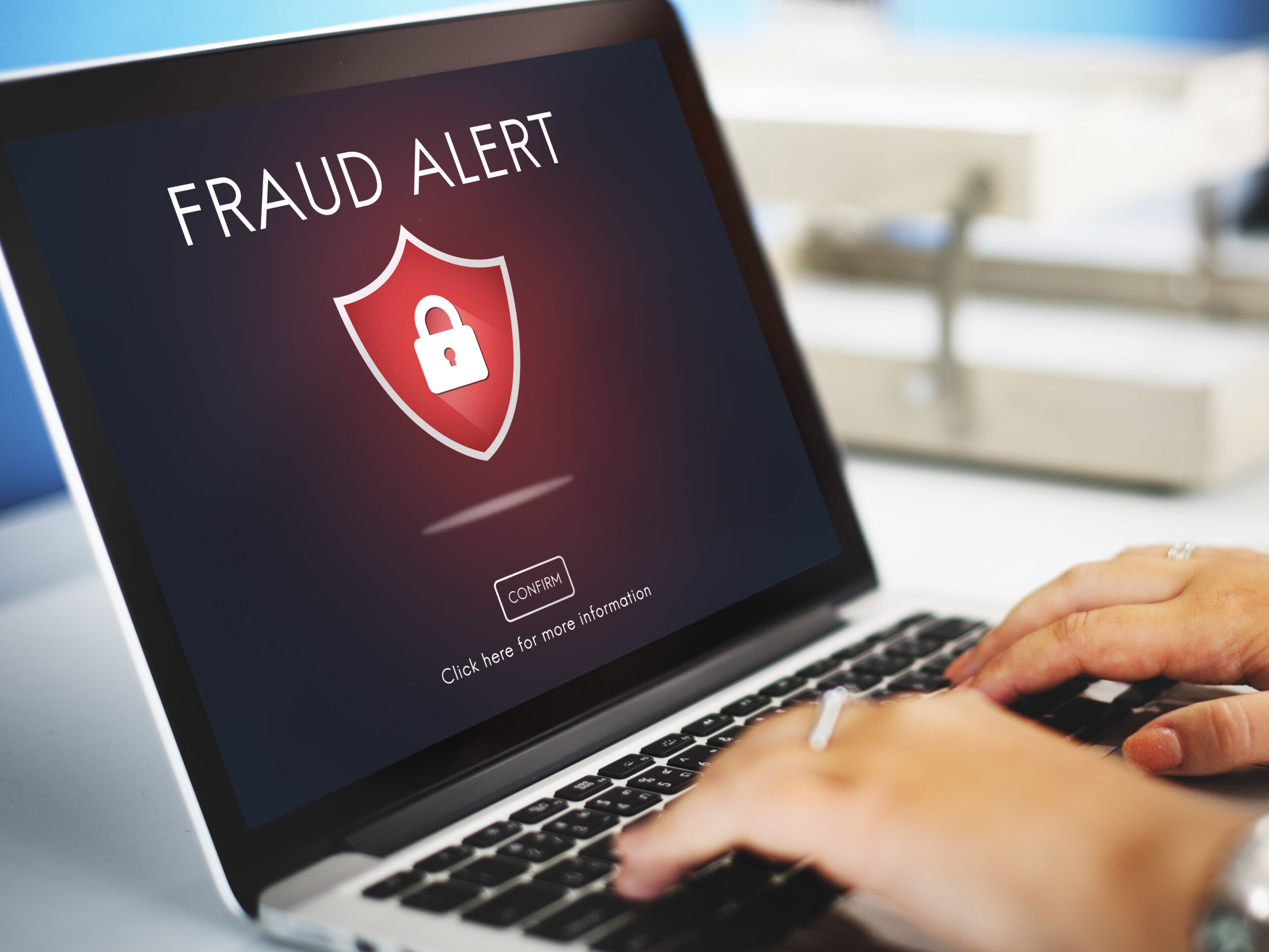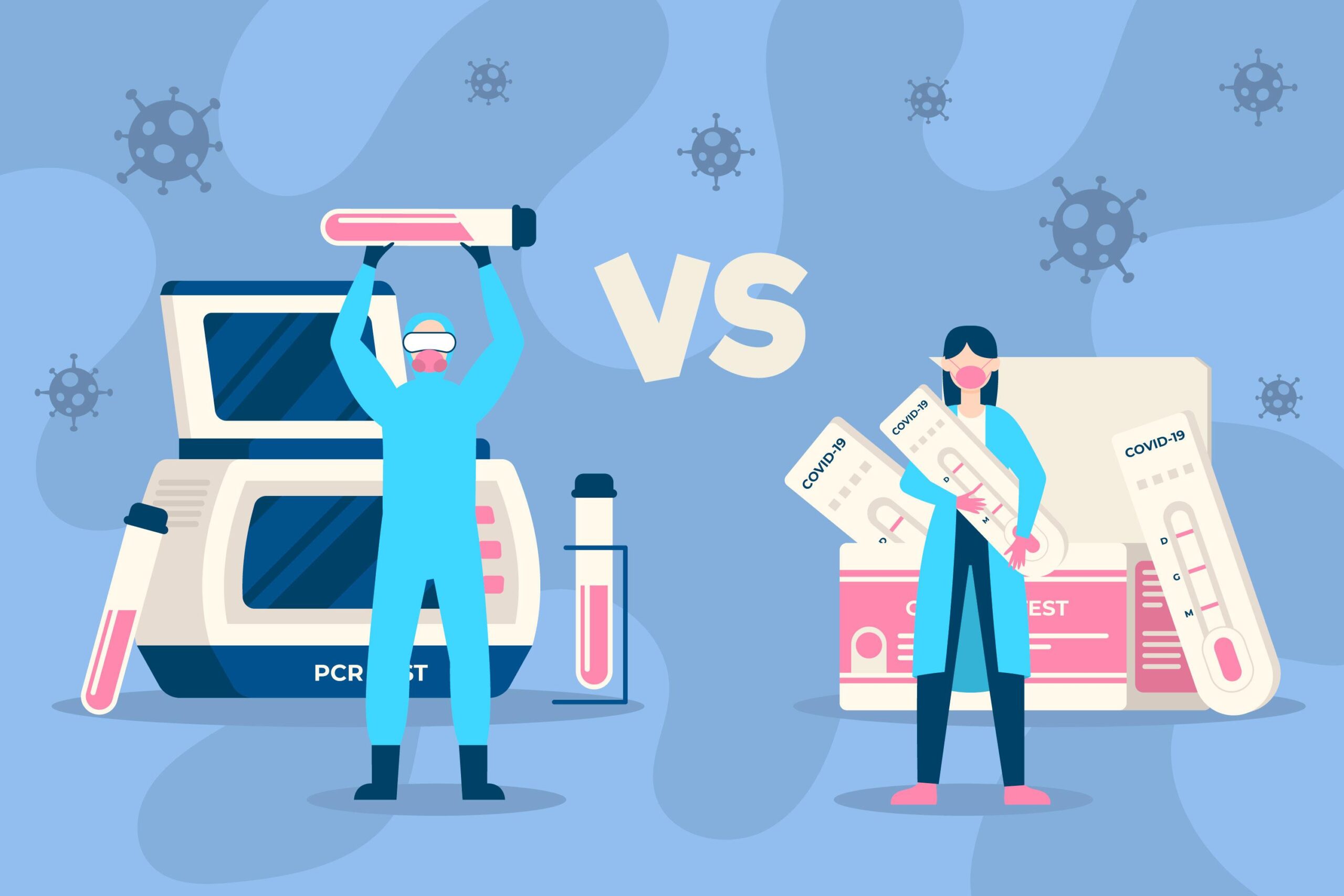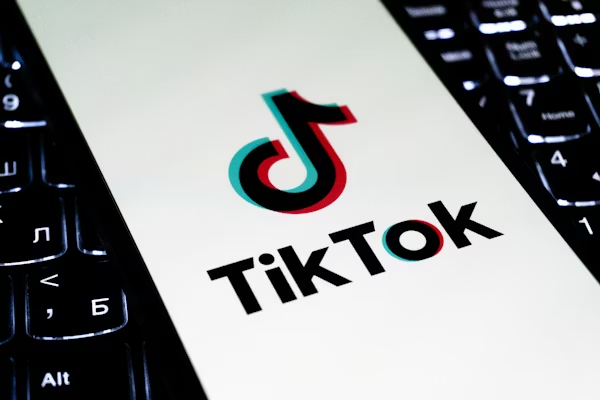The USAA data breach settlement has become a major concern for members across the U.S. Many are left asking: Am I eligible? How do I file a claim? When will settlement checks arrive? These questions are echoed on Reddit threads, Quora discussions, and LinkedIn comment sections, where affected customers are scrambling for clear, reliable answers.
This guide explains the settlement, eligibility, and filing process in plain language. We’ll also cover common mistakes to avoid, user concerns raised in online forums, and how Tambena Consulting can help you maximize your claim while protecting your digital identity for the long term.
Data Breaches and the Fallout
When financial institutions like USAA experience breaches, the consequences are severe:
- Customer trust erodes quickly when hackers mine emails and other sensitive personal data.
- Financial losses occur as criminals exploit leaked data for fraud.
- Long-term damage continues because stolen information circulates on the dark web for years.
The settlement was created to compensate affected customers. But compensation isn’t automatic; you must take steps to claim it. And without clear action, you risk missing both the settlement money and the chance to secure your personal data.
Why Ignoring This Settlement Is Risky
It might be tempting to dismiss the process as “not worth the effort.” But consider the risks:
- Financial Compensation Lost: If you don’t file, you give up money you’re legally entitled to.
- Identity Theft Risks: Your personal information may already be in circulation. Doing nothing allows ongoing misuse.
- Credit Impact: A single fraudulent loan or credit card can damage your score for years.
Ignoring the USAA data breach settlement could be more costly than you realize.
Understanding the Settlement in Detail
What Is the Settlement About?
The USAA data breach settlement is a legal resolution designed to:
- Compensate customers for verified losses.
- Offer reimbursement for time spent resolving issues.
- Provide credit monitoring and identity theft protection services.
This isn’t just about money; it’s about accountability and reducing the long-term damage caused by the breach.
Who Qualifies for Compensation?
You’re likely eligible if you:
- Were a USAA customer during the affected period.
- Received a notification letter about the breach.
- Can provide documentation of fraud or identity misuse.
Even if you didn’t lose money, you may still qualify for credit monitoring benefits.
USSA Data Breach Settlement Filing Process: A Step-By-Step Breakdown
Many users on forums ask: “How do I actually file my claim?” Let’s break it down.
Step 1: Verify Eligibility
- Visit the official settlement administrator’s site.
- Enter your information to confirm you’re on the affected list.
Step 2: Gather Evidence
- Bank and credit card statements.
- Fraud reports or police documentation.
- Time logs if you spent hours fixing fraud-related issues.
Step 3: Submit Your Claim
- Online Filing: The fastest method, via the settlement portal.
- Mail Filing: Print and send your form with supporting documents.
Step 4: Wait for Confirmation
- You’ll receive a notice confirming your claim has been received.
Step 5: Track the Settlement Timeline
- Payouts usually occur after court approval and processing of all valid claims.
5. Is my personal info still unsafe?
Unfortunately, yes. Once exposed, data can circulate for years. That’s why ongoing protection is critical.
Comparing the USAA Settlement to Other Cases
Financial institutions have faced similar cases in recent years:
- Equifax Settlement (2017): Millions eligible for free credit monitoring or up to $125 cash.
- Capital One (2019): $190 million settlement for affected customers.
- T-Mobile Breach (2021): Ongoing claims with payouts varying widely.
The USAA data breach settlement fits this broader trend, and history shows that filing early and accurately increases your chances of successful compensation.
Protecting Yourself Beyond the Settlement

A settlement payout won’t solve the ongoing risks of exposed data. Here’s how to safeguard yourself:
1. Monitor Your Credit
- Use free annual reports from Experian, Equifax, and TransUnion.
- Watch for unfamiliar accounts or inquiries.
2. Enable Fraud Alerts
- Place a fraud alert with credit bureaus to warn lenders before issuing new credit.
3. Freeze Your Credit
- A credit freeze is one of the strongest protections against identity theft.
4. Strengthen Digital Security
- Use password managers.
- Enable multi-factor authentication (MFA).
- Update old logins across financial accounts.
5. Stay Alert for Phishing
- Expect more scam emails or calls using “USAA” as bait.
- Never click suspicious links or provide personal data over the phone.
How Tambena Consulting Can Help
While filing a claim is essential, protecting your identity requires expert support. Tambena Consulting specializes in bridging the gap between immediate claims and long-term cybersecurity.
Here’s how we can help:
Filing Assistance
- Step-by-step help with your USAA data breach settlement check claim.
- Ensuring accurate, timely filing.
Cybersecurity Protection
- Evaluating your personal digital footprint.
- Implementing strategies to prevent identity theft.
Identity Theft Recovery
- Support if you’ve already suffered fraud.
- Liaison with banks and credit bureaus to restore your accounts.
Peace of Mind
- Long-term monitoring solutions.
- Ongoing consulting to protect both personal and business data.
Tambena Consulting isn’t just about filing paperwork; we’re your partner in rebuilding confidence after a breach.
The USAA data breach settlement is more than a legal process; it’s a chance to regain control after a serious security lapse. But deadlines are strict, and missing your filing could mean losing valuable compensation.
Take action now:
- Check your eligibility.
- File your claim accurately.
- Reach out to Tambena Consulting for expert help securing both your settlement and your future digital safety.
Your information is valuable. Don’t leave it, or your compensation unprotected.
FAQs
1. Do I need to prove losses to file?
Not always. Many settlements offer compensation for time spent monitoring accounts, even without direct monetary loss.
2. Will everyone get a check?
Not guaranteed. Payments depend on valid claims filed. Benefits may also include credit monitoring instead of cash.
3. How long does it take?
On average, six months to a year after court approval.
4. What if I missed the settlement notice?
You can still check eligibility through the settlement website.






